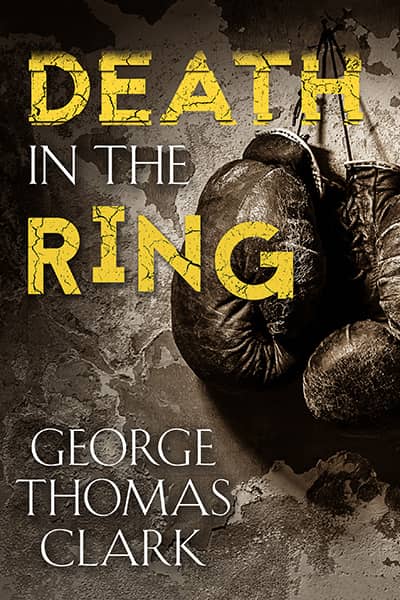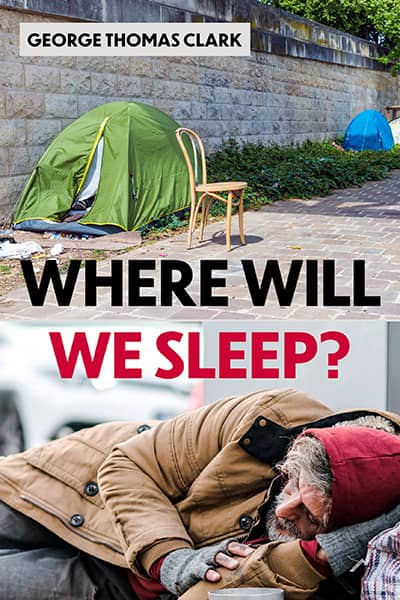In a House as Hurricane Katrina Blew
October 12, 2005
Louise loved the beaches and historic mansions, and nearby rivers and bayous, and living just down the road from her daughter and son-in-law. The slower Southern pace also soothed her, and after a few months in Gulfport, Mississippi she’d resolved to stay forever. Why would she leave? Local veterans said no reason to. Sure, in 1969 Hurricane Camille had obliterated houses in these parts and hurled big boats from harbors in the Gulf of Mexico into towns and scattered bodies through fields and trees, but nothing could ever be that bad again. And this July Hurricane Dennis hadn’t done much except get us worried and jammed in traffic, and scared officials into stopping us from directly returning to our homes. This time we can hang. That was the plan when Louise went to bed Saturday night August twenty-seventh. Hurricane Katrina was moving west in the Gulf and going to hit someone else.
Early Sunday morning her daughter called and said, “It’s turned north right at us. We’ve got to get out.”
Louise hurriedly gathered a few things, left her two dogs and five cats inside, and drove thirteen miles west to Pass Christian where her daughter and son-in-law waited with two packed jeeps. In three vehicles they convoyed several miles north to Diamondhead on the other side of Interstate 10. That would surely be far enough from the sea. They entered a house that had been boarded up and stocked with food and water and equipped with a battery charged television. They had it made, hunkered down on a little hill. Her daughter’s husband would know what to do. He was a Seabee, a member of naval construction, and so were the host and another guest.
Sunday afternoon, as meat cooked in the barbecue pit, everyone sat on the deck and watched approaching outer bands of Hurricane Katrina. No one knew what to expect but winds about forty miles an hour weren’t alarming nor was the rain. At the end of a generally enjoyable day, they went to bed about ten o’clock. Louise slept well. But just before dawn Monday the full force of the hurricane awakened her: electricity and plumbing were knocked out; they heard trees in their back yard snapping and falling; others came out by the roots before smacking the earth.
Below the little hill many trees were blowing over and houses flooding. An elderly couple soon had more than a foot of water in their house. The three Seabees brought them back. Then two ladies next door came over. The Seabees had warned them a tree was going to fall on their house. Shortly after they left, it did. Power lines had also blown over. And water was creeping up the street toward them. They watched and wondered. Would it get them, too? Louise and others inside didn’t have time to dwell. They were receiving other people in the area.
As winds decreased from catastrophic to merely gusty the water started to recede, and the Seabees used their jeeps to pull trees and telephone poles off nearby roads and cars out of ditches. Snakes appeared and so did looters. Most residents still in the area stood guard, sealed off from the rest of the world. Other worries intensified. What would family and friends think had happened to them? Late that night a cell phone rang. A wife with a faraway area code was calling her husband. Everyone in the home shelter gave him phone numbers and a message he relayed to his wife: let people know we’re okay.
In isolation they waited. After three days water was running low. On the fourth, following a massive effort, government convoys cleared Interstate 10 and Louise and her daughter and son-in-law were able to slowly drive out to see sofas and beds and refrigerators and everything else pushed to the sides and center of the freeway. First they went to Louise’s home on the beach in Gulfport. After parking, they had to crawl over and through downed trees to reach the severely damaged residence. All Louise’s pets were alive and delighted to see her.
Now it was time to check on the home in Pass Christian. Authorities weren’t letting residents in but permitted the Seabee to pass. He entered a town destroyed by explosive winds and a wall of water three stories high. Some homes had been pushed several blocks then crushed. Others had simply disappeared, leaving stark cement slabs. The Seabee parked in front of his slab and jumped out and ran to hug his dog waiting there. He took the Labrador to the veterinarian, who proclaimed him healthy. But the dog is still having nightmares.
The family decided Louise’s daughter would go to Virginia Beach to stay with another Seabee family and that Louise would take her pets and head for California. She began her journey weaving back and forth across Mississippi as she looked for gas. In Jackson she waited in line seven hours and after filling up was out of money and fortunate to receive funds wired by a sister to an old truck stop outside Jackson. She had just enough cash to get to Oklahoma where she went to the Red Cross which funded her trip. At first, passing refugees on the freeways and in motels, there wasn’t much gas available, and when gas could be purchased regularly she filled up every quarter tank or so.
Louise made it to Bakersfield. She’d been a bookkeeper there for Red Cross for two years after 9/11, and now moved into the home of another daughter. A couple of weeks later she rented a place behind her daughter. Alone with her memories and needing to get out, she went back to the Red Cross, and her former supervisor said come in and help again with the books.
“I can’t see a see a tree blow anymore,” Louise said. “I’m just trying to get reoriented. I’m in shock and just focusing on today. I’m very sad about having to leave my new home. But I’m sadder for those still there. I’m one of the fortunate ones. I don’t know what happened to some of my friends. I wonder if I’ll ever know.”














